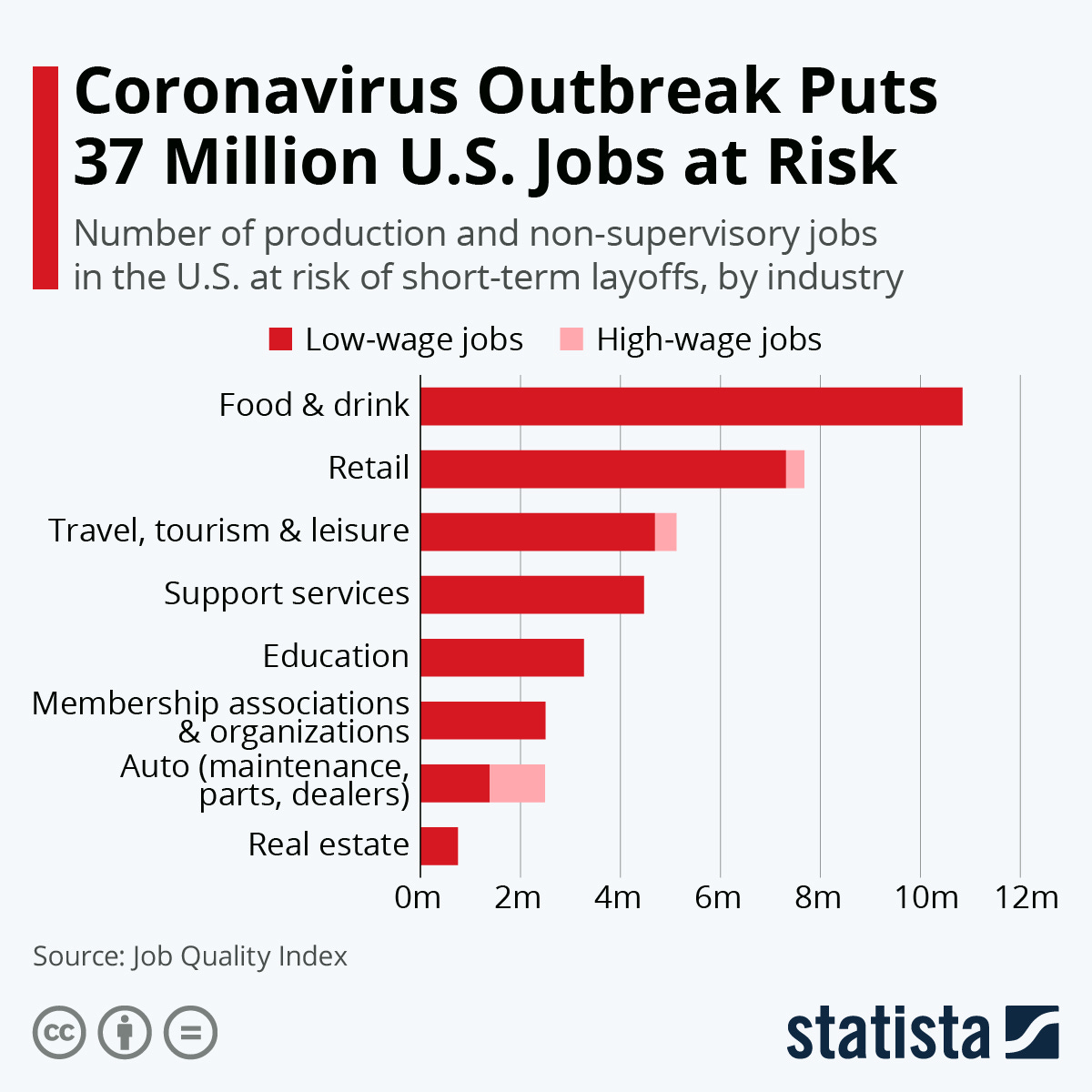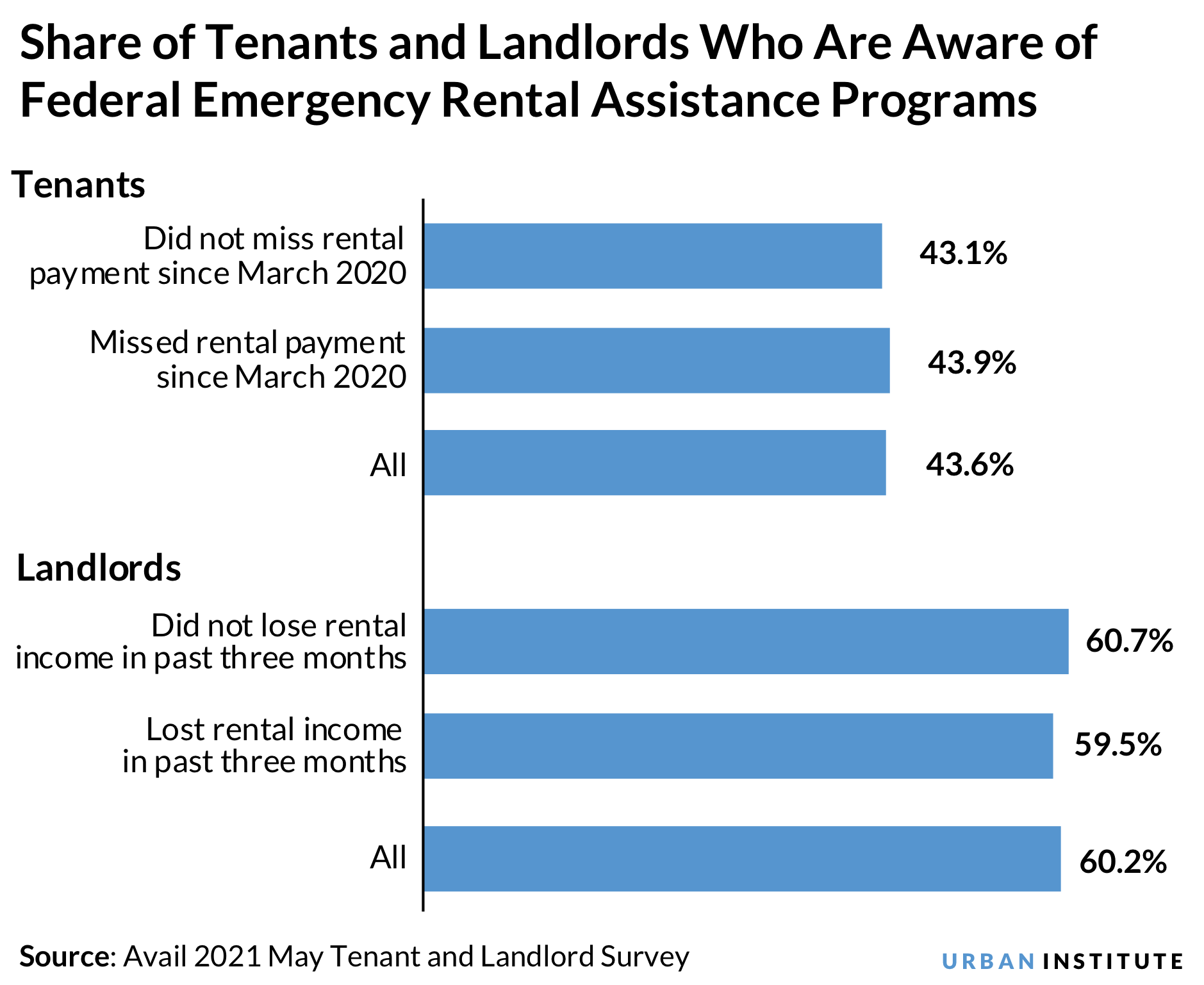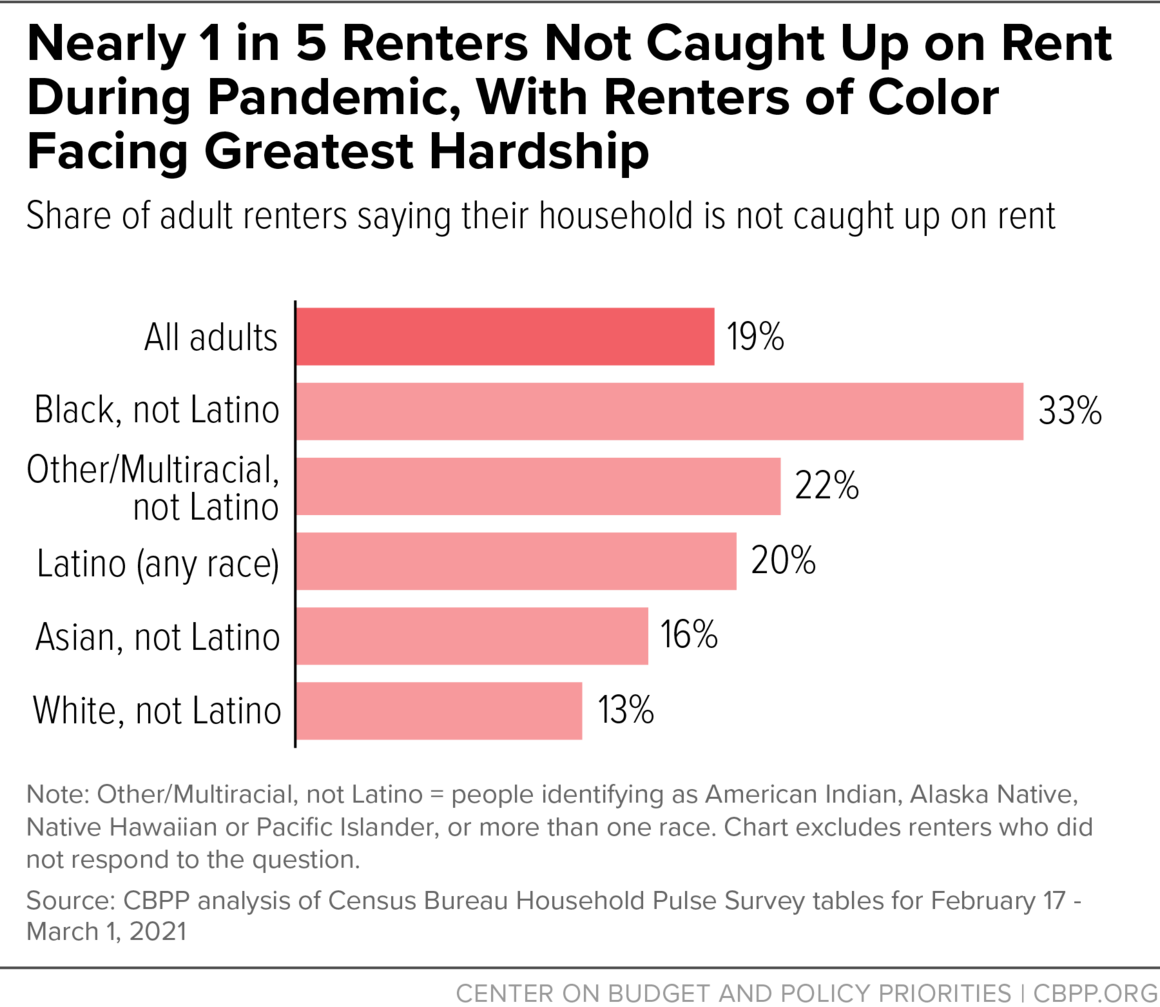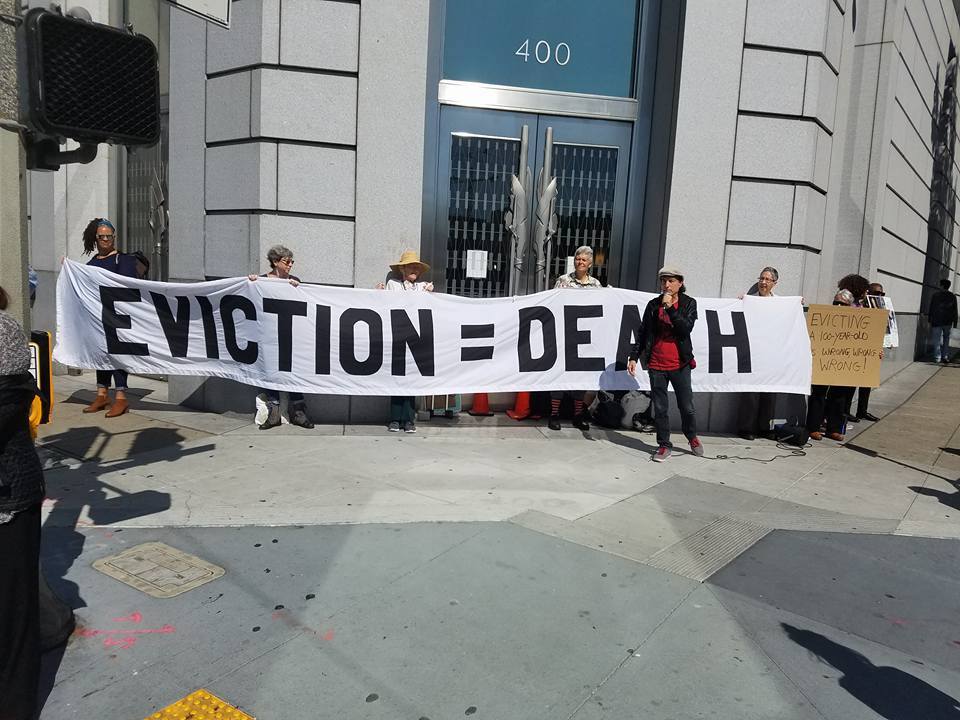We all know where to get vaccines, but many, struggling, still don’t know where to get rental relief for their homes…
A viral scourge strikes the economy as many become unemployed. The current global crisis is causing families to fall back on rent and bills. The fear of homelessness and inability to provide for their families has sent low-income tenants counting the days till the eviction wave hits at the end of an extended eviction moratorium. In San Diego, for example, ”[t]he number of people entering homelessness for the first time … nearly doubled from 2,326 in 2019 to 4,152 between April and June of 2020,” reported KPBS.
Many aren’t aware of assistance programs or where and how to apply. Language barriers, lack of communication, and awareness only through news media has led tenants to remain uneducated on tenant rights as well as assistance before and during these unprecedented times. Back in 2020 it was noted by a Cornell University study that over 37 million jobs were heavily impacted due to CDC restrictions.

More than 11 million people with jobs in food and beverage services were left unemployed, especially Mom-and-Pop shops. With an average of $27 Billion being owed to landlords throughout the United States, is this issue entirely due to the pandemic or is it the lack of communication and disconnect between communities and public officials? What explains this, as noted by the Urban Institute …
Awareness of federal rental assistance has increased since the Avail February survey, which was less than two months after the first federal emergency rental assistance was announced. There was a 12 percentage-point increase among both tenants (from 31 to 43 percent) and landlords (from 48 to 60 percent) who indicated they were aware of the assistance. But awareness is still low, and those who have experienced financial challenges during the pandemic are no more likely to know about the rental assistance than those with no challenges.

Set back in March of 2020, state laws on eviction cases were amended in light of the pandemic to provide protections for residential tenants. The law currently provides protections for renters who are given an eviction notice because they are unable to pay their rent or other charges. It was set to end August 14, 2021 in California, until Governor Gavin Newsom signed legislation on June 28, 2021 to extend the states eviction moratorium till September 31, 2021.
The Center on Budget and Policy Priorities notes that …
Rental assistance, although significant, will only be enough to assist a fraction of the 13 million renters that fell back on rent. Analysts estimate renters owe $1,700 – $6,000 per household, leaving an average of total rent owed to be $27 billion. Millions of renters are likely to need additional aid to keep up on rent and avert evictions in coming months while the pandemic subsides and the economy recovers.

While bans on evictions remain in place, landlords still find ways to “abuse loopholes”. Throughout the pandemic evictions were still ongoing. Landlords were reportedly finding other ways to evict tenants that failed to pay rent on time, with thousands of households threatened with evictions. As reported by the San Diego Union Tribune, The Southern Rental Housing Association sued in federal court over the county’s eviction ban in regards to provisions that do not allow homeowners to remove renters if they want to move back and in the blocking of evictions for “just cause” reasons, such as lease violations. More details here at The United States Attorney’s Office, Southern District of Ohio.
Tenants do have rights. The problem is that many of those rights are violated simply due to lack of education on those basic rights as well as little mediation or enforcements between landlords and tenants. The U.S. must take a different approach in communicating with its people because there is a disconnect and distrust. Marketing theses assistance programs is essential in ensuring everyone receives what they need – As well as enforcing tenants’ rights to ensure they aren’t being abused by landlords.
